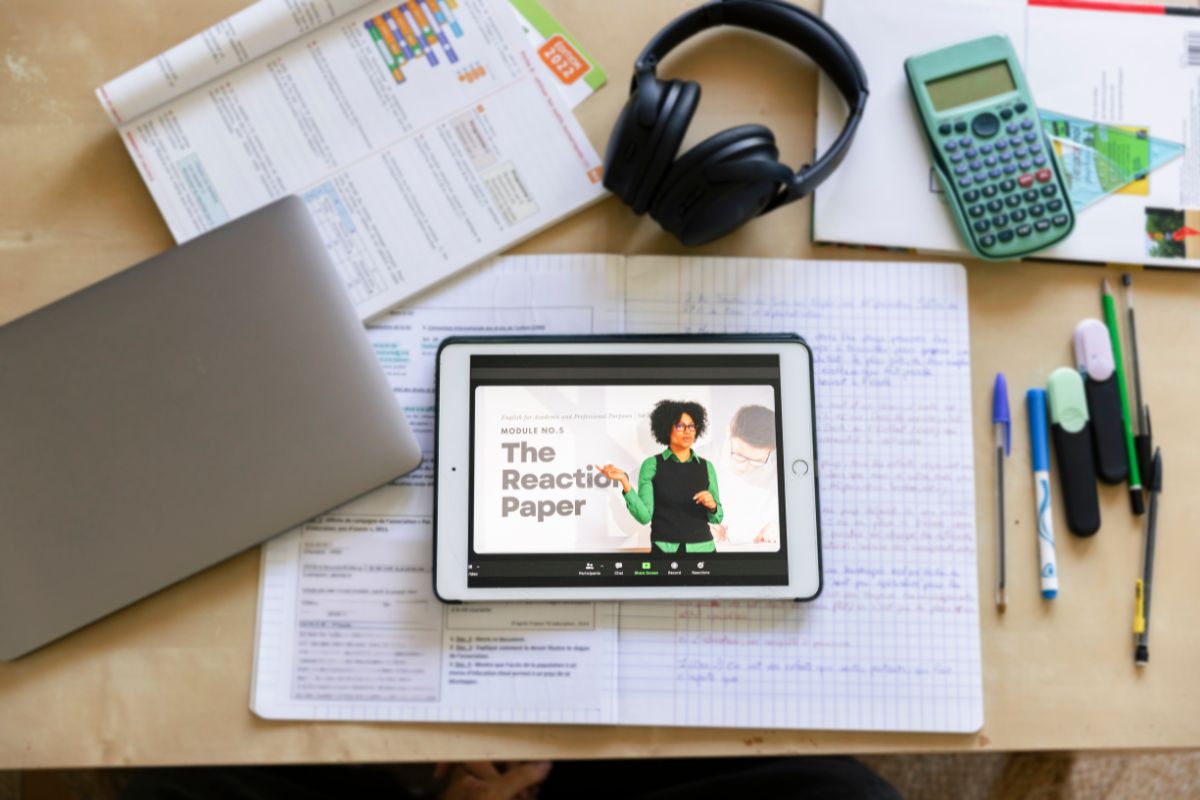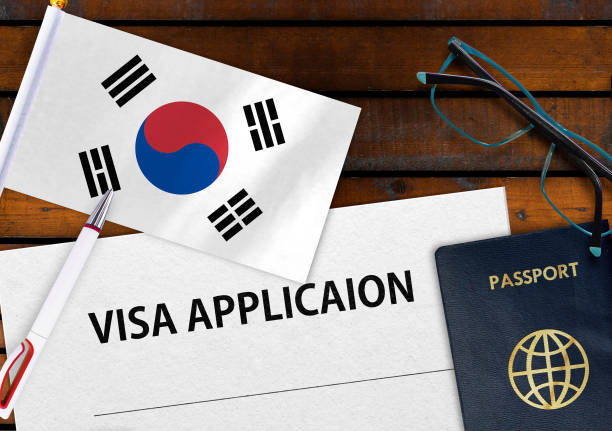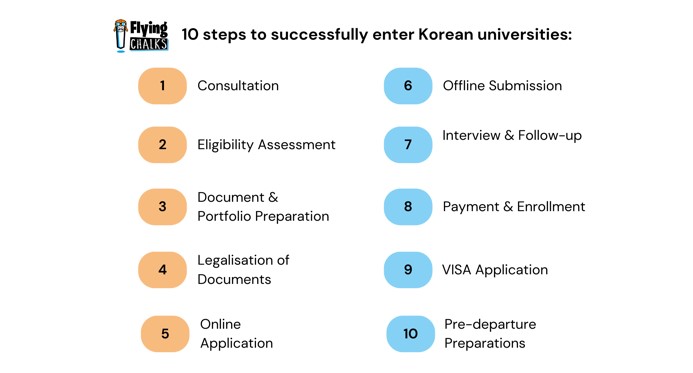Korean pronunciation is an important aspect of learning the language, but it can be challenging for non-native speakers to pull off. Saying words correctly can help you communicate better and be understood more quickly by Koreans. While learning the Hangul or Korean alphabet can be simple, speaking Korean needs focused practice.
Master Korean pronunciation with the following tips so you won't get lost in translation.
Learn Hangul Thoroughly
The first step to practicing Korean pronunciation is being comfortable with Hangul. This writing system is phonetic-based, meaning the words are said the way they're written. It's an essential part of the Korean level test to assess your ability to recognize and use Hangul characters.
While English letters can take on multiple sounds, each Hangul character has a consistent pronunciation. This helps you quickly learn and apply pronunciation rules.
Master the sound of each Hangul letter, especially vowels and consonants that don't have direct correspondence in English. For example:
The consonant "ㅂ" sounds like "b" or a soft "p."
The vowel "ㅓ" is pronounced as "eo," a mix between "o" or "u."
Learning the difference between sounds early while learning Korean can help you master pronunciation.
Familiarize Korean Pronunciation Rules
Understanding the Korean pronunciation rules is essential to help you say the words correctly and comprehend what others are saying. Keep these key rules in mind:
Consonants
Initial and Final Position: You should clearly pronounce consonants located at the beginning of a syllable. The letter "ㄱ" is pronounced as a "k" at the start and end of a word and "g" if it comes after a vowel. Another example is the letter "ㅂ," which is pronounced as "p" at the beginning and end of a word and "b" after a vowel.
Double Consonants: Double-consonant words, such as "ㄲ (kk)," "ㄸ (tt)," "ㅃ (pp)," "ㅆ (ss)," and "ㅉ (jj)" are pronounced with more emphasis and tension.
Aspirated Consonants: Saying these sounds requires a stronger burst of air than non-aspirated ones. For example, the consonant "ㅋ" (aspirated) sounds like "k" with extra air.
Vowels
Short and Long Vowels: Korean has both vowels in Hangul. The "ㅏ" (a) is short, while "ㅑ" (ya) is a long sound.
Combination Vowels: Some vowels merge with consonants to make different sounds, such as "ㅔ" (e).
Learning to pronounce Korean double consonants and vowels can sharpen your ability to hear and say words correctly.
Imitate Native Speakers
Another way to improve your Korean pronunciation is to imitate how native speakers say the words. Do it by:
Streaming Korean Content: Watch Korean variety shows, dramas, or movies. Listen to podcasts and pay close attention to how the hosts say every word, mimicking the intonation, rhythm, and speed.
Do Some Shadowing: It involves immediately repeating what the native speaker said and copying their pronunciation. Start with short sentences and gradually level up to the longer ones.
Talk to Korean People You Know: If you know a few Korean speakers in your neighborhood, try to talk to them in Korean and listen to the rhythm of their responses to perfect your pronunciation.
The more you practice talking in Korean, the better you'll learn the ropes in pronunciation.
Use Pronunciation Apps and Tools
In this digitally advanced world, one of the easiest ways to learn the Korean language is through applications and online tools. Korean learners like you can access these tools whenever you need them.
For example, a pronunciation dictionary with audio recordings of words native speakers speak can teach you correct pronunciation. Another useful app with translation and voice features lets you practice pronunciation when speaking into it. It also teaches you how to pronounce Korean words clearly and effectively.
Regardless of the app or tool you choose, make sure it has all the features you need to practice your pronunciation daily.
Practice Intonation and Sentence Stress
While English emphasizes certain syllables, Korean intonation gives each syllable equal importance and length. Practicing natural intonation patterns and knowing how to say every Korean syllable is vital to conveying the right message.
Listen to how Koreans raise and lower their voices within sentences. The rising tone at the end of a sentence means a question, while a falling tone is a statement. Remember how they enunciate every word and put stress in some of the syllables to communicate their message.
Record Yourself
Try to record yourself speaking in Korean and compare it to native speakers. Identify gaps in your pronunciation, as there may be words you realized you mispronounced after hearing them yourself. Listening to your recordings lets you detect tone, intonation, and pronunciation mistakes and correct them right away.
Get Feedback from Native Korean Speakers
Talking to native speakers is a fast way to speak Korean properly. They can correct Korean pronunciation in real time and point out things you may not have noticed.
Join language exchange platforms or hire a native Korean speaker for a personal session to get targeted feedback. They can help you understand how some Korean words are pronounced differently, explain why certain sounds are intricate, and provide tips to overcome challenges in practicing speaking the language.
Don't Be Afraid to Make Mistakes
Making mistakes when mastering Korean pronunciation is natural. You're still learning to navigate the differences between sounds and executing each of them flawlessly.
Don't be hard on yourself. You'll get better with more practice. Consistency and willingness to learn and improve are the keys to Korean fluency.
Parting Words
Practicing Korean pronunciation to keep on improving can take time and dedication. The proper techniques will help you make significant progress. Mastering Hangul, imitating native speakers, using apps, and getting feedback will improve your Korean speaking skills and sound more natural. Be patient and consistent with your journey, one lesson at a time!
Check out our Korean language programs (online and offline) offered by top Korean universities below!









